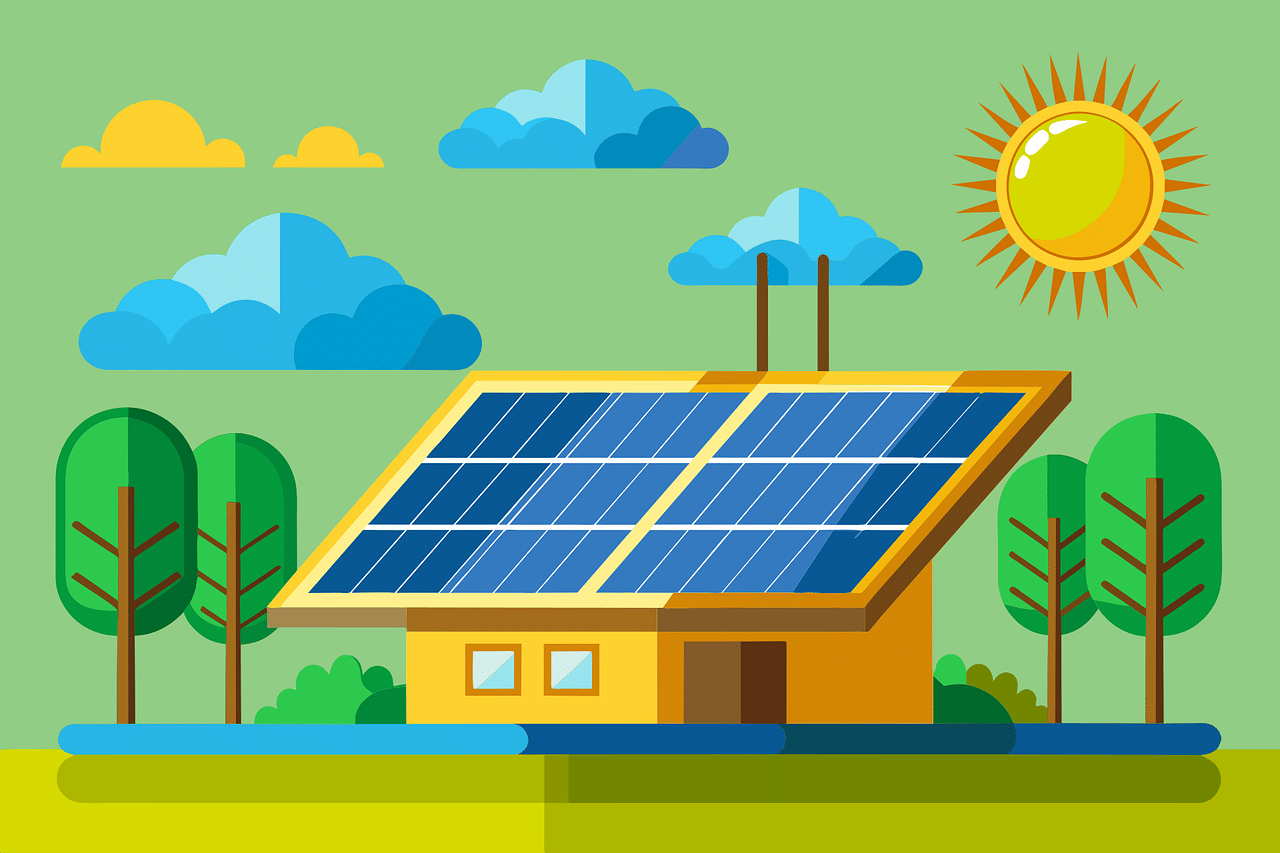Australia is experiencing a surge in interest in sustainable energy solutions. An increasing number of homeowners are considering switching to solar power. If you’re one of them, navigating the process wisely is vital.
At the heart of the solar journey lie two crucial elements—the solar quote and solar assessment. It may seem like these are interchangeable terms, but understanding their differences is paramount for anyone considering solar installation for their home. So, which is which?
Solar quote
When considering solar energy for your home, the initial step is to get a solar quote. It is a detailed estimate provided by solar energy companies outlining the cost and specifications of installing a solar energy system on your property. Getting a solar quote marks as the starting point of the journey, offering homeowners insights into the potential investment required and the benefits they can expect from solar energy.
The components of a solar quote are:
- System size: This is the solar panel system size measured in kilowatts or kilowatt-hours (kWh). It determines the amount of energy the system can generate.
- Panel types: The specific types and brands of solar panels recommended for your system. Different panels vary in efficiency, durability, and cost.
- Inverter specifications: This includes the details about the inverters to be used, which convert the DC electricity generated by the solar panels into usable AC electricity for your house.
- Installation costs: This breakdown includes the costs for installation, including labour, equipment, permits, and additional fees.
- Warranties: This includes information about warranties for solar panels, inverters, and installation workmanship.
How to interpret a solar quote
There are key points to consider when interpreting a solar quote. The first is the total cost, including any upfront payments or financing options. You should also explore any available rebates or feed-in tariffs that could reduce the overall cost of the solar system. Then, you should look into the system performance by assessing the projected energy production and savings over time based on the system size and location-specific factors.
Pay attention to the brands and specifications of the solar panels and inverters proposed in the quote, ensuring they meet your expectations for quality and reliability. Finally, review the warranty terms provided by the solar company, including coverage periods and conditions for repairs or replacements.
Solar assessment
Now what is a solar assessment? Also known as a solar site evaluation, it comprehensively examines your home’s suitability for solar installation. Solar professionals or energy consultants conduct it. This assessment involves evaluating various factors to determine the feasibility and potential benefits of installing a solar energy system.
The main goal of a solar assessment is to assess whether your property is suitable for solar installation and provide insights into the potential benefits and limitations of solar energy for your specific location. A thorough assessment can help you obtain recommendations that meet your energy needs and optimise the solar system’s performance.
A solar assessment includes the following:
- Shading analysis: This assesses the extent of shading on your home, including trees, buildings, or other obstructions that may block sunlight and affect solar panel performance.
- Roof orientation: This evaluates your roof’s orientation and title angle to determine the optimal placement of solar panels for maximum sunlight exposure.
- Available space: This determines the roof or ground area suitable for solar panel installation, considering any structural constraints or aesthetic preferences.
- Energy consumption analysis: This involves reviewing your historical energy usage patterns to estimate your current and future energy needs. It also determines the solar system’s size and configuration.
- Financial analysis: This is the financial assessment of the potential costs, savings and return on investment associated with installing a solar system, including available financing options and incentives.
Should you get both?
Getting a solar assessment and a solar quote when considering solar installation for your home is recommended. A solar assessment will provide insights into your property’s suitability for solar, whilst a solar quote gives you a detailed cost estimate based on the assessment findings.
Energy Matters has over 18 years of experience in the solar industry and has helped over 40,000 Australian households in their journey to energy independence.
Complete our quick Solar Quote Quiz to receive up to 3 FREE solar quotes from trusted local installers – it’ll only take you a few minutes and is completely obligation-free.












































